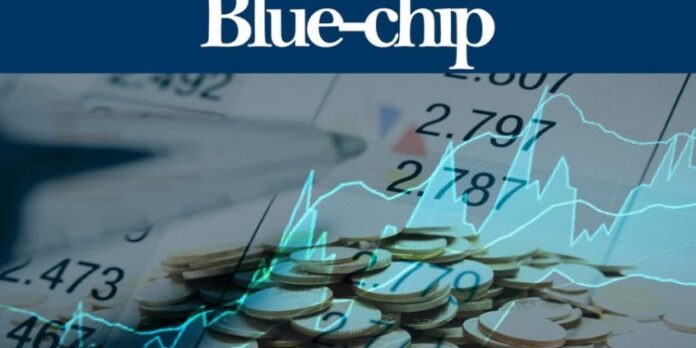Many of Nigeria’s premier businesses are demonstrating a remarkable financial recovery after two years characterized by great currency fluctuations, exorbitant financing costs, and devastating foreign exchange losses.
The naira’s relative stability in 2025 has not only lowered FX losses but also produced profits for some firms that have increased total earnings for the first half of the year.
Headline earnings, though, only start to surface. The money produced from core operations—that which fuels growth, lowers debt, and supports shareholder rewards—really reflects financial health .The outstanding indicator this year has been operational cash flow, which shows just how powerful Nigeria’s top companies have grown.
MTN Nigeria, Dangote Cement, Seplat Energy, Nestlé Nigeria, and BUA Cement’s analysis reveals that these companies generated a total net operating cash flow of ₦2.92 trillion in just the first half of 2025. This reflects a 140% increase from the comparable time in 2024 and even surpasses the total amount reported for the entire of last year by 14%. Combined post-tax profit rose to ₦1.21 trillion in the same time, reversing a remarkable ₦403 billion loss registered in H1 2024.
The News Chronicles understands that this rise in liquidity is letting many companies speed up growth plans, lower leverage, and improve investor trust. Analysts also note that good cash generation increases a business’s market value, so attracting fresh investor interest and maybe helping to raise share values.
MTN Nigeria’s net operating cash flow of ₦956 billion in telecoms greatly surpassed its ₦415 billion profit. Strong revenue growth, lower FX pressures, and better pricing tactics drove this. Meanwhile, Dangote Cement generated ₦874 billion in operating cash flow, therefore allowing it to be flexible to grow production and maintain dividends. Despite less reported profit, Seplat Energy impressed with ₦755 billion in cash flow, emphasizing the effectiveness of its cost control and revenue development.
Equally remarkable was Nestlé Nigeria’s turnaround, with cash flow going from a ₦27.65 billion deficit in H1 2024 to ₦187.6 billion this year. Though its cash generation trailed profit, suggesting either higher operational expenses or working capital requirements, BUA Cement announced ₦150 billion.
Across industries, the message is clear: in 2025 cash—not only profit—is the most obvious sign of business strength. Nigerian investors could be entering a golden age of dividend returns, capital gains, and long-run growth possibilities if this momentum carries on into the second half.



